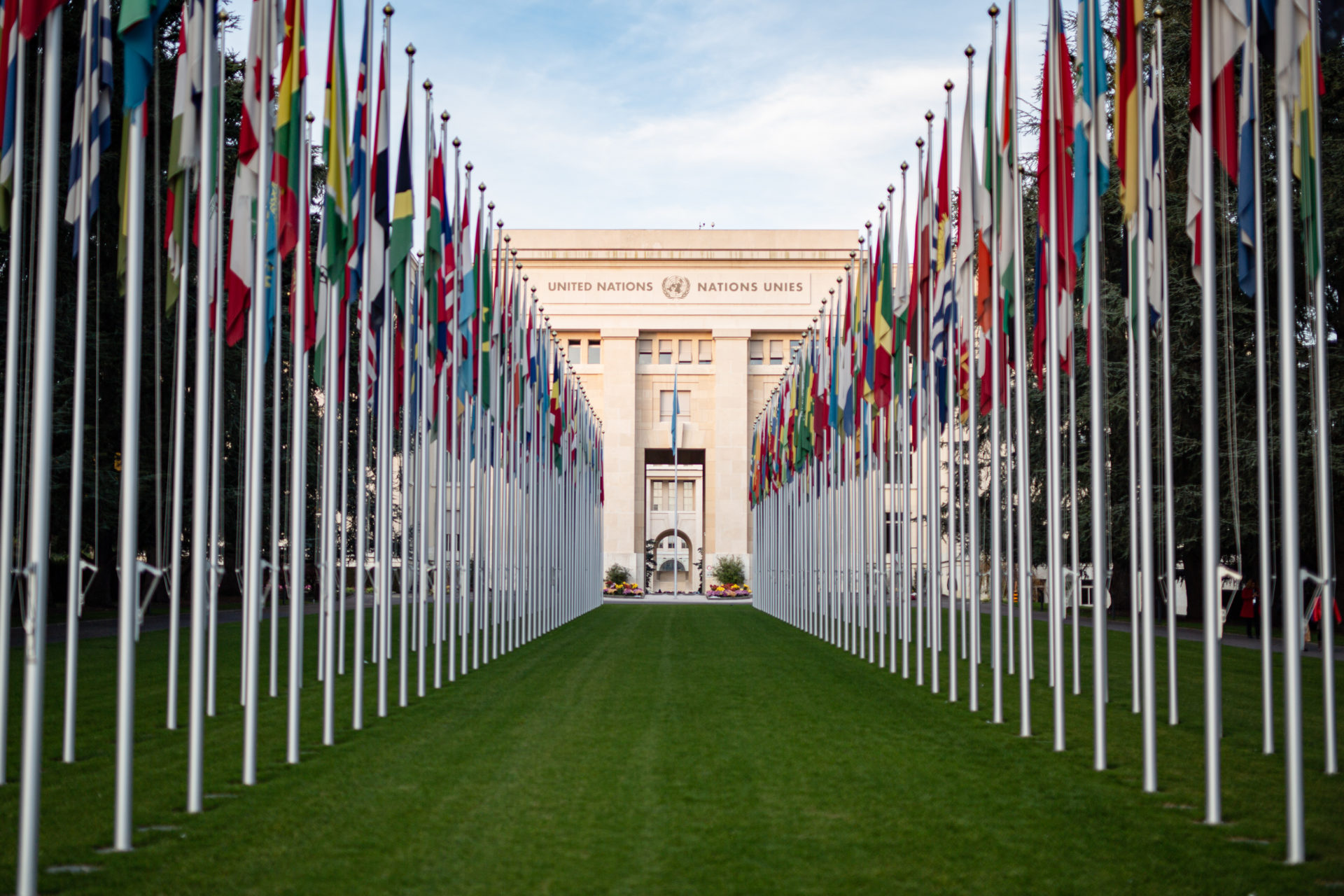HRC53 – Item 3 – Interactive Dialogue – SR Freedom of assembly and association
28 June 2023
Check against delivery.
Thank you.
Impunity or lack of accountability for violations of freedom of assembly and association is a growing challenge in the wider Eastern Europe region where most Human Rights Houses are located.
This environment is evolving due to a range of interconnected issues, including, but not limited to increasing political repression of civil society, the passing of restrictive legislation, the fear of reprisals by civil society actors, and poor compliance on the part of some states with international human rights obligations.
Political movements, opposition parties, human rights defenders and their organisations, and independent media are targeted by governments in a variety of contexts across the region, to suppress dissent and critical voices. Individuals associated with such groups can be arbitrarily arrested, detained, or harassed by the authorities, while organisations may be refused registration or unlawfully disbanded.
When such actions take place with the explicit or implicit will of the state authorities, impunity and a lack of accountability for such actions is virtually guaranteed. In contexts such as Russia, Azerbaijan and Belarus, alongside political repression, there are neither adequate legal protections to protect assembly and association rights, and where limited protections exist, they are inadequately enforced.
In Russia, in particular, the vast array of assembly and association violations by the authorities over many years have created an enabling environment for foreign policy decisions to be made with virtually no domestic checks or balances, many with disastrous consequences, including its ongoing war in Ukraine.
President.
We ask the Special Rapporteur to extrapolate on the role of “victim-centered accountability” in contexts where civil society actors have had to flee their countries in order to avoid further violations.
Thank you.





